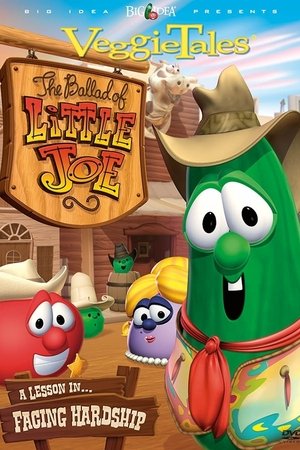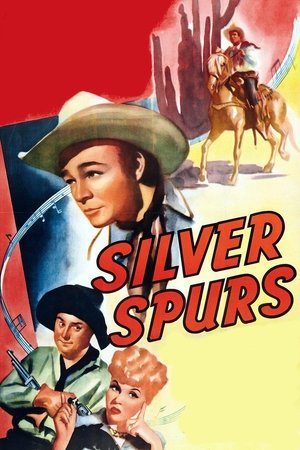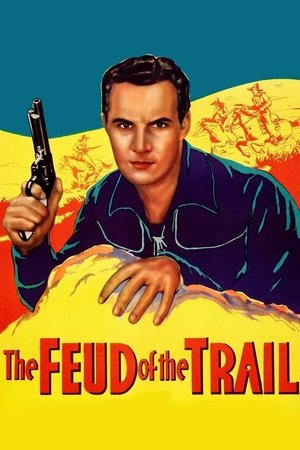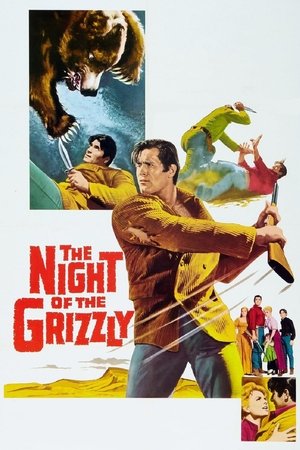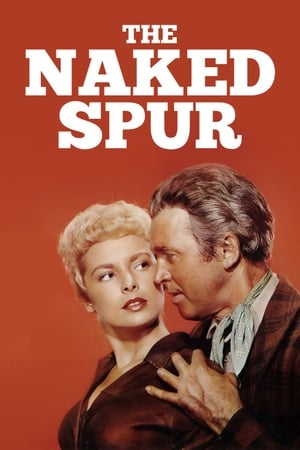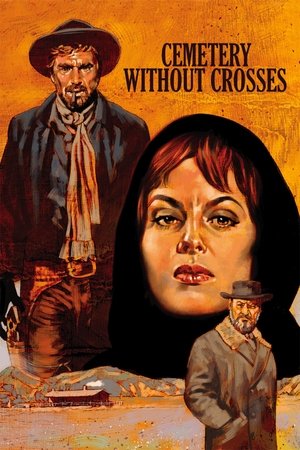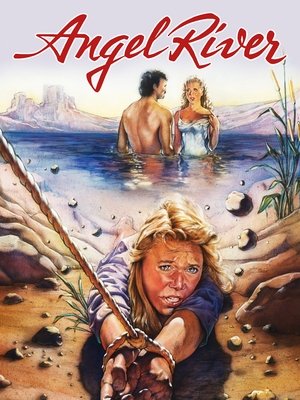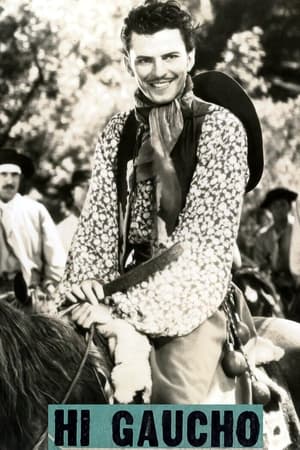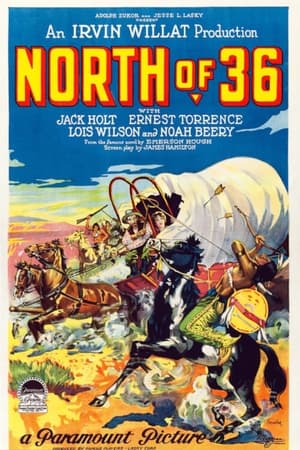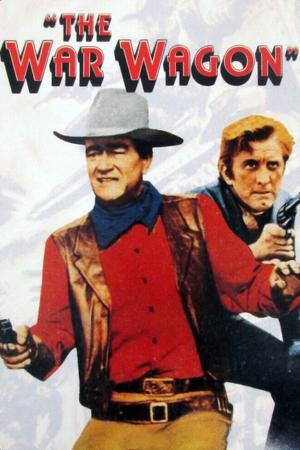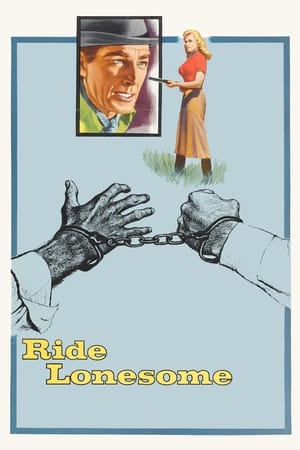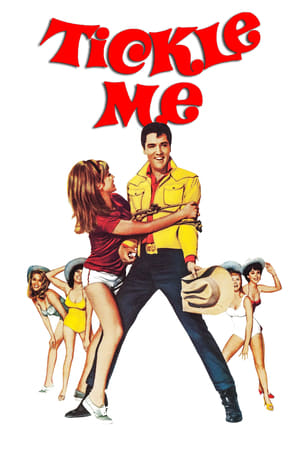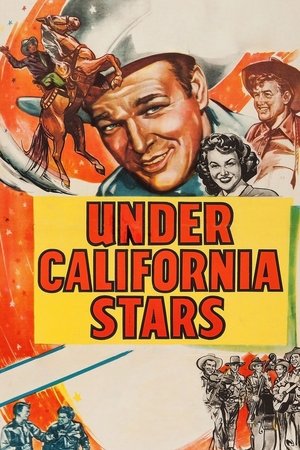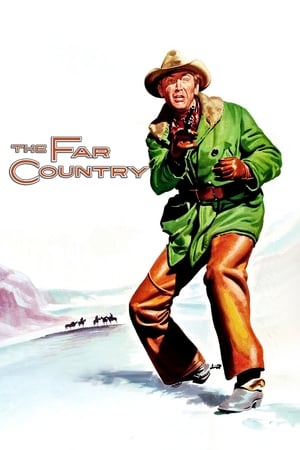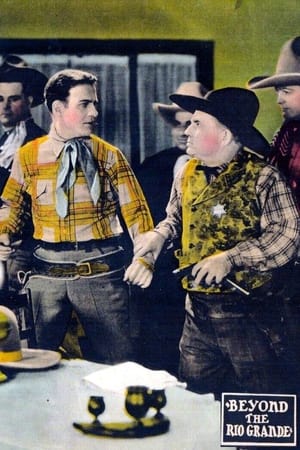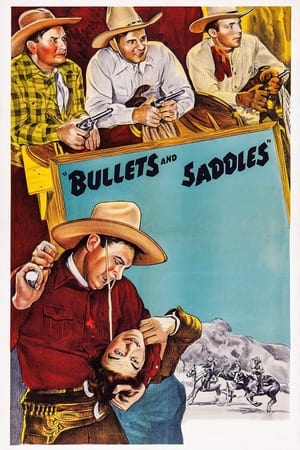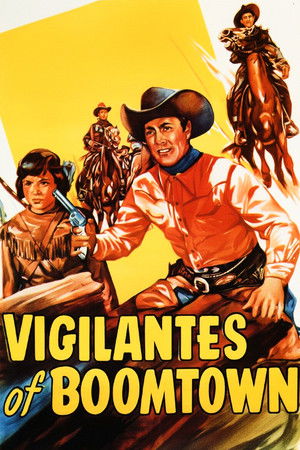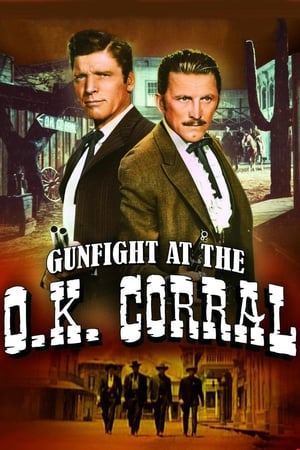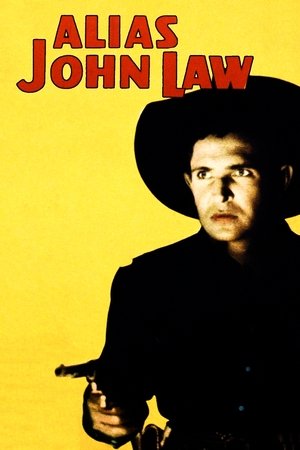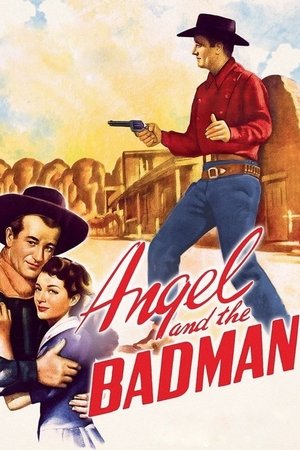Overview
A former Union Army officer plans to sell out to Anchor Ranch and move east with his fiancée, but the low price offered by Anchor's crippled owner and the outfit's bullying tactics make him reconsider. When one of his hands is murdered he decides to stay and fight, utilizing his war experience. Not all is well at Anchor with the owner's wife carrying on with his brother who also has a Mexican woman in town.
Reviews
**_What if Victoria Barkley & her big ranch weren’t so noble?_**
An ex-cavalry officer (Glenn Ford) wants to sell his Southeastern ranch and move back East with his fiancé (May Wynn), but the glaring crimes of the men of a local cattle baron (Edward G. Robinson) tempts him to make a courageous stand even though he’s weary of war. Barbara Stanwyck plays the baron’s wife, Brian Keith his brother and Dianne Foster his feisty daughter. Richard Jaeckel is on hand as an arrogant heavy.
Released in early 1955, "The Violent Men" is a Western based on Donald Hamilton’s book “Smoky Valley.” There are similarities to “Jubal,” which came out the next year and is arguably superior, but this one ain’t no slouch and is inexplicably obscure.
My title blurb is a good description of the goings-on as there is a predominant ranch in a big valley in the Old West with Stanwyck as the matriarch, but she & most of her men are the furthest thing from noble. (I’m of course making contrasts with The Big Valley, which debuted on TV ten years later).
There’s quite a bit of human interest that draws the viewer into the story, which I appreciate even if it’s a little soap opera-y. The theme of a formidable man not wanting to get involved in violence, but will if backed against the wall is always good. Like “Shane” (1953), we get to hear the reasoning & justifications of the ranch baron, which prevents him from being a one-dimensional villain. This one adds the further complication of people doing things behind his back.
What I wasn’t expecting was the emphasis on how the ex-officer uses strategies learned in the Civil War to (hopefully) defeat the enemy. Meanwhile the gunfight at the end is refreshingly realistic and well executed (no pun intended).
As for the female cast, it is very good, also including Lita Milan as a lovely Latina in town. All four are possessive: Martha (Stanwyck) and Elena (Milan) are the types that could cause you to end up dead while a life with the winsome-but-manipulative Caroline (Wynn) would cause almost any man to drink. The angry Judith (Foster) has her issues, but she’s bold and has a strong sense of right & wrong with nothing but contempt for the latter.
The film runs 1 hour, 36 minutes, and was shot at Alabama Hills, Lone Pine, which is in central California about an hour’s drive from the Nevada border, a couple hundred miles north of Hollywood. The town scenes were done in Old Tucson, Arizona.
GRADE: B/B+
As ever, Barbara Stanwyck provides a strong and robust characterisation as "Martha" in this rather superior western. The story itself is a bit well travelled - a wealthy cattle baron trying to squeeze out the middle man, but together with decent effort from the not always the most imposing Glenn Ford ("Parrish"), we are presented here with a solid story of greed and determination that offers us a sense of defiance and pioneering spirit. She is married to, and to a certain extent in love with, the crippled "Lew" (Edward G. Robinson) but having a long-term fling with his brother "Cole" (Brian Keith). Ford is the civil war veteran and small time rancher who is determined not to be ground down as his stock is stampeded and it becomes distinctly perilous for the man. Luckily, his war time experience gives him a bit more of an edge when it comes to looking out for himself - and gradually the scene is set for a denouement that epitomises ambition, betrayal and a degree of redemption. There is plenty of gun and horse play to enjoy and Rudolph Maté offers us a light touch allowing the actors to use a potent dialogue and some lovely grand scale cinematography to deliver a watchable story.

 96 min
96 min
 6.4
6.4
 1955
1955
 USA
USA
 Wuchak wrote:
Wuchak wrote: